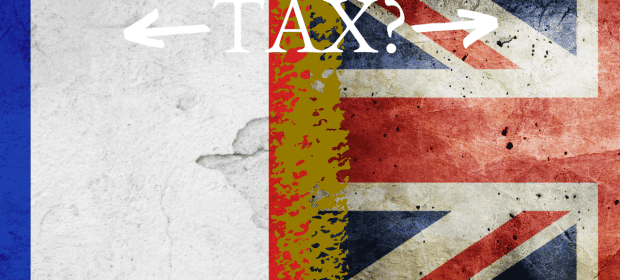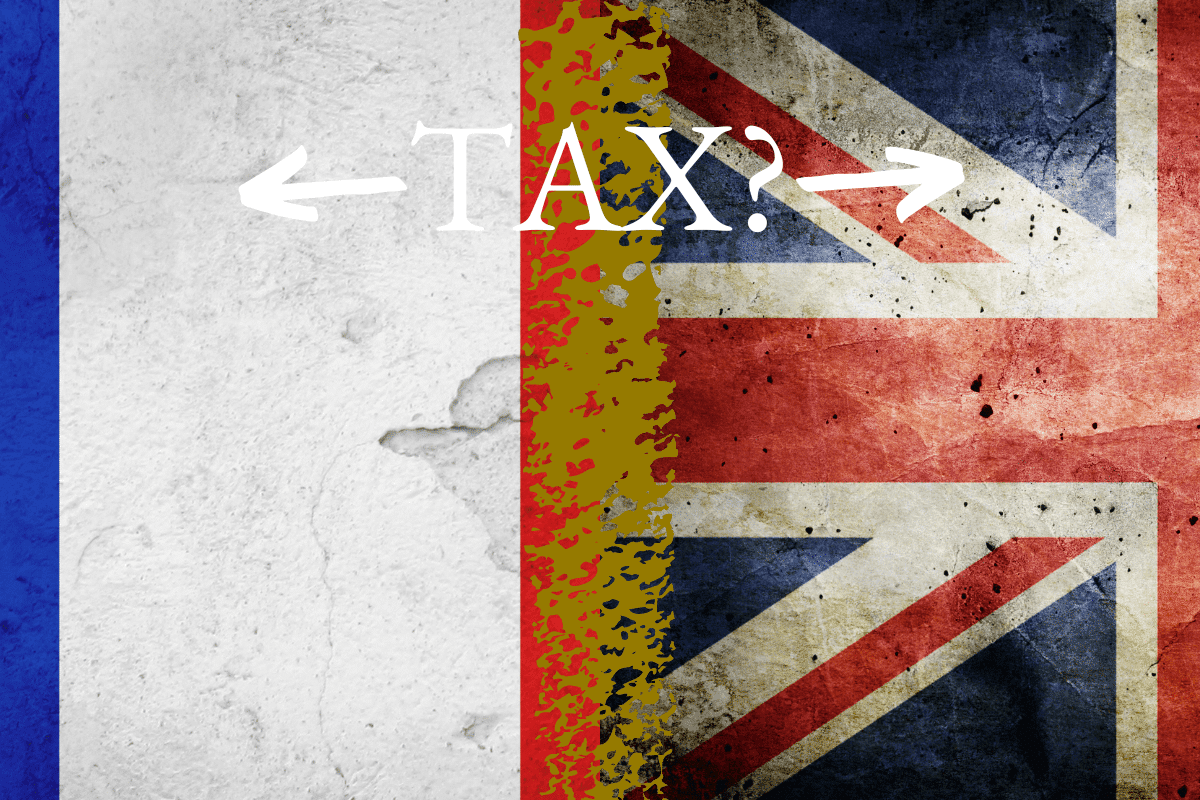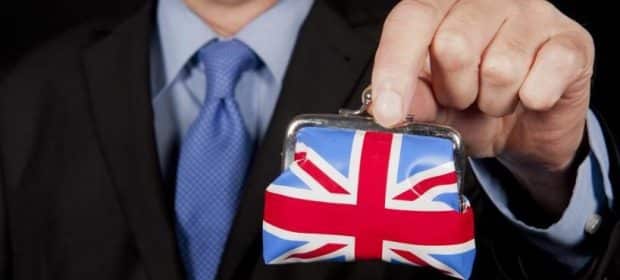Therefore, for a UK national who is resident in France, who has retained a property in the UK (and does not own any other property outside of France), the situation would be that:
- any French property, plus his/her total financial assets, would be taxed in accordance with French law; and
- the UK property would be taxed in accordance with UK law, although in theory, the French notaire can take this asset into account when considering the fair distribution of all other assets to any ‘protected heirs’ ie. children
If a DTT covering inheritance does not exist between France and the other country, with which the French resident person has an interest, this could result in double taxation, if the ‘home’ country also has the right to tax the person’s estate. Hence, when people become French resident, there are usually two issues:
- how to protect the survivor; and
- how to mitigate the potential French inheritance taxes for other beneficiaries
Protecting the survivor
There are various ways in which you can protect your spouse:
European Succession Regulation No. 650/2012
Many of you will no doubt have heard about the EU Succession Regulations that came into effect in 2015 whereby the default situation is that it is the law of your place of habitual residence that applies to your estate. However, you can elect for the inheritance law of your country of nationality to apply to your estate by specifying this in a French will. This is effectively one way of getting around the issue of ‘protected heirs’ for some expats living in France.
Adopting a ‘community pot’ marriage regime or family pact
There are other tried and tested French structures available to fully protect the rights of a spouse, that don’t rely on the notaire having an understanding of the succession laws of other countries.
You could choose to have the marriage regime of ‘communauté universelle avec une clause d’attribution intégrale au conjoint survivant’. Under this marriage regime, all assets are owned within a ‘community pot’ and on the death of the first person, those community assets are transferred to the survivor without any attribution of half of the assets to the deceased’s estate.
However, adopting a ‘community pot’ marriage regime would not be suitable for families with step-children. This sort of arrangement could be subject to a legal challenge by the survivor’s step-children as they could miss out on their inheritance due to the fact that there is no blood relationship with the step-parent.
In this situation, a family pact (pacte de famille) could be the solution, whereby families agree in advance who will inherit and when. Of course, this would only really work where there is an amicable relationship between parents and children, as the children are effectively waiving all or some of their right to inherit.
There are a number of other ways in which you can arrange your affairs to protect the survivor, depending on your individual circumstances, and we would always recommend that you discuss succession planning in detail with a notaire experienced in these matters.
Mitigation of inheritance tax
On whichever planning you decide, it is important to remember that the French inheritance tax rules will still apply. So, even though you have the freedom to decide who inherits your estate, this will not reduce the potential inheritance tax liability on your beneficiaries, which, as mentioned above, could potentially be very high for a step-child. Hence, there will still be a need to shelter financial assets from French inheritance taxes.
By far and away the most popular vehicle in France for sheltering your hard-earned savings from inheritance tax is the Assurance Vie. The assurance vie is considered to be outside of your estate for tax purposes and comes with its own inheritance allowances, in addition to the standard aIllowance for other assets. If you invest in an assurance vie before the age of 70 you can name as many beneficiaires as you like, regardless of whether they are family or not, and each beneficiary can inherit up to €152,500, tax-free. The rate of tax on the next €700,000 is limited to 20% – potentially making a huge saving for remoter relatives or step-children.
Let’s look at a simple example of the inheritance tax position of a married couple with two children, comparing the IHT position with and without investing in assurance vie:









